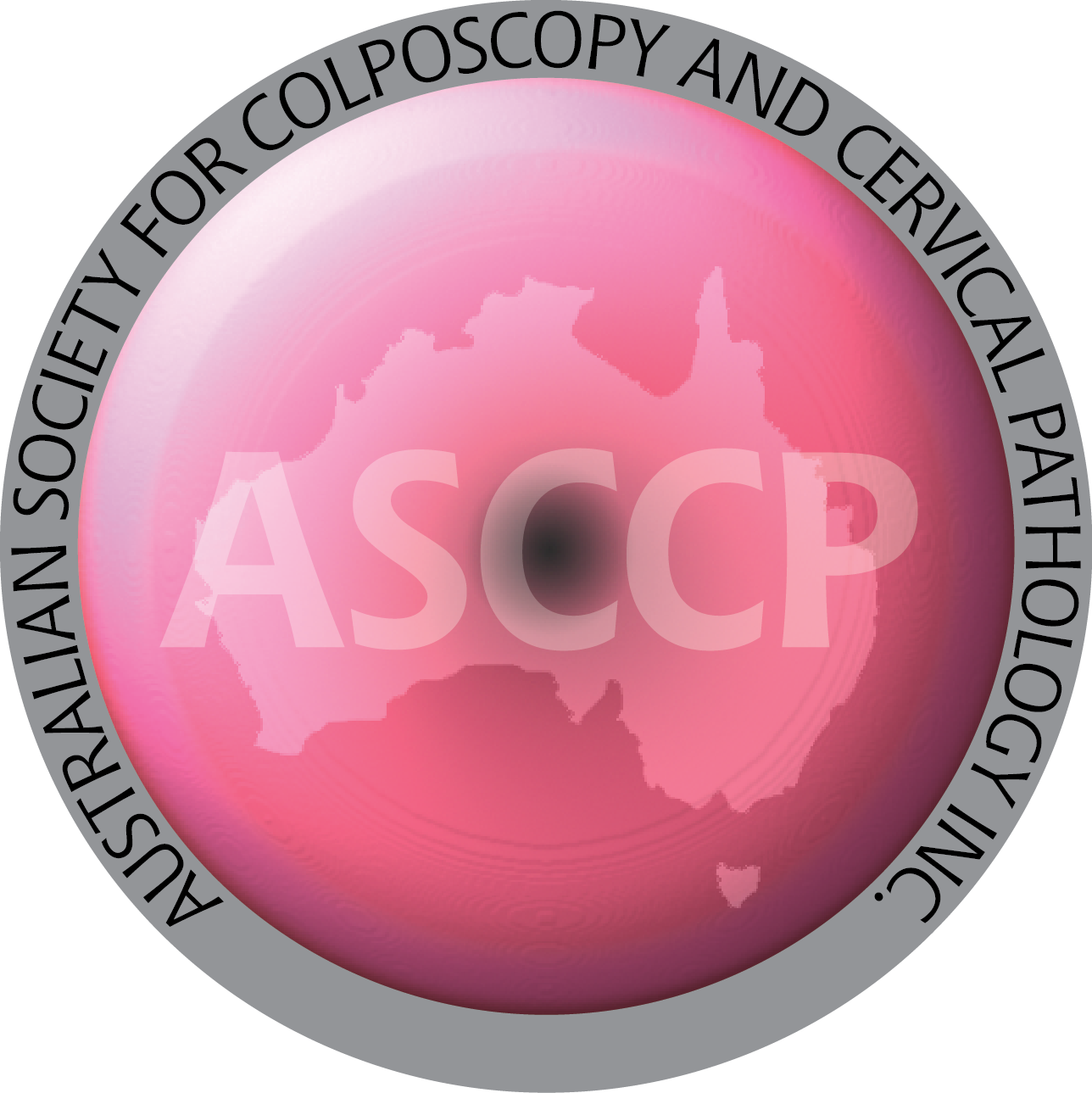First Appointment
To prepare for your initial consultation, please provide:
- A referral from your GP
- A copy of any recent blood tests or ultrasounds
- The date and result of your last pap smear
- Medicare card and health insurance details

FAQ in pregnancy
- When will I feel my baby start kicking?
Your baby starts moving from early on in the pregnancy. In your first pregnancy, you will usually start feeling the movements between 18 – 24 weeks. In subsequent pregnancies, you may notice movements even earlier.
- What tests will I have during pregnancy?
When you see your General Practitioner (GP) at the start of the pregnancy, they will order some routine blood tests. These include a Full Blood Count, Blood Group and Antibody Screen, Serology for Rubella, Chicken Pox, Syphilis, Hepatitis B, Hepatitis C and HIV and a Mid-Stream Urine specimen to screen for infection. Additional tests may include Iron studies, Vitamin D and TSH to check Thyroid Function.Your GP and I will discuss options for screening for Down syndrome during the first trimester, if you would like to do this. I am happy to discuss the Percept or Harmony tests, and we can decide what the best screening options are for you and your family. Additional blood tests will be completed around 26- 28 weeks to screen for Diabetes in pregnancy (the Glucose Tolerance Test) and to check on your Full Blood Count and your Blood Group Antibodies.
Ultrasound Scans are commonly performed in the first trimester to confirm your due date, check on the wellbeing of the fetus, and as part of the screening tests for chromosomal problems (should you choose to have this done). All women then have an ultrasound between 20 and 22 weeks to closely check the fetus, placenta, and check the length of the cervix. Additional scans may be performed later in pregnancy to monitor the growth of your baby.
Between 35-37 weeks of your pregnancy, I offer screening for Group B Streptococcus. - What treatments are available for morning sickness/nausea?
Nausea and vomiting are really common during early pregnancy. Many women find that around the 14-16 weeks mark the nausea and vomiting tends to subside, however in a small number of patients it can continue up until delivery.Some helpful tips should you be suffering from morning sickness/nausea:
- Avoid greasy or fried foods, along with very sweet or spicy food.
- Start your morning with dry toast, soda crackers, or dry pre-sweetened cereals.
- Sometimes small sips of flat lemonade, diluted fruit juice, cordial, weak tea, ginger tea, clear soup or beef extract drinks can be helpful. Should these options fail you can try sucking on ice cubes.
- Eat small meals, regularly, as an empty stomach tends to trigger nausea.
- Drink fluids between meals, not with meals.
Should your nausea continue to persist, there are many safe anti-nausea medications that we can prescribe.
- How much weight is normal to gain during pregnancy?
This varies from woman to woman. Recommended weight gain for a standard BMI is 11.5-16 Kg. For women who are very overweight prior to pregnancy, it is safe to remain the same weight throughout the pregnancy, or even to lose a small amount of weight (consult with your GP about this). There is no need for you to ‘eat for two’, as was previously thought.
- What food should I avoid in pregnancy ?
Due to the risk of harmful bacteria such aslisteria, salmonella and also Toxoplasmosis (a germ that can be contracted from cats) it’s best to avoid unpasteurized dairy products, soft cheeses, soft serve ice cream, per-prepared cold salads, raw or partially cooked meats or seafood, cold cooked meats, processed meats or seafood, and reheated foods.It is important to wash fruits and vegetables thoroughly before consumption, ensure meats are cooked all the way through (well done). It’s important to restrict your intake of certain fish as they contain high amounts of mercury, which can be harmful to the baby’s developing nervous system. Fish that can contain high levels of mercury include shark (Flake) and billfish (swordfish, marlin) so you should limit your intake to 1 serve per week. With catfish and orange roughy (deep sea perch) and you should limit your intake to 1 serve per fortnight. Salmon, prawns and shellfish are fine to eat up to 2 – 3 times per week.Other precautions include always wearing gloves whilst gardening, ensuring you wash your hands thoroughly after patting/handling animals and not handling or changing the cat litter.
For more information please see this link. - Is it common to experience reflux during pregnancy?
Heartburn or reflux is really common in pregnancy. This is because the hormones of pregnancy cause the muscle around the esophagus to relax. Eating small frequent meals, avoiding rich or spicy meals, chocolate, citrus, tomato and coffee can assist in reducing reflux. Also avoid lying down straight after you have eaten. Antacids such as Mylanta and Gaviscon are safe to use and can help to ease reflux. Should the reflux persist, then we can prescribe other medication.
- Is it common to experience leg cramps during pregnancy?
Leg cramps are very common during pregnancy. Almost 50% of women will experience cramps especially in the second and third trimesters of pregnancy, and generally at night.
Some helpful tips should you be suffering from leg cramps:- Drink plenty of water
- Avoid standing for long periods of time
- Stretch your calf muscle throughout the day
- Elevate legs
- Take a warm bath
- Magnesium supplements
- Are Hemorrhoids common during pregnancy?
Hemorrhoids are varicose veins of the rectum. They are common during pregnancy due to the increasing abdominal pressure, and constipation. Hemorrhoids may worsen over the course of your pregnancy then subside once you have your baby. Try to avoid constipation to help reduce these symptoms. If they are painful you can safely use topical treatments such as Rectinol ointment. Speak with your GP to discuss your options.
- Is it common to get thrush during pregnancy?
Thrush is really common in pregnancy and can be treated with Canesten cream. It is generally safe to apply the Canesten cream vaginally.
- What sleeping position do you advise during pregnancy?
Generally, around the 20 weeks mark it is best to lie on your side during sleep.This is because the uterus is getting bigger, and at this point can compress the large vessel that takes blood from your lower body up to your heart, potentially compromise blood flow to you and your uterus (placenta and baby). Placing a pillow behind your back can assist in keeping you on your side whilst sleeping.
- When should I finish working/begin maternity leave?
If you have an uncomplicated pregnancy I would advise you to finish work around 34 – 36 weeks pregnant. If you have a physical job or your pregnancy is complicated I may advise you finish work earlier than 34 weeks.
Useful Links
Obstetrics and Gynaecology
- RANZCOG (TheRoyal Australianand New Zealand College of Obstetricians and Gynaecologists)
- RCOG (the Royal British College of Obstetricians & Gynaecologists)
- The Royal Women’s Hospital health information
- Medicare & safety net information
Patient Information Videos
Gynaecology
Pregnancy Related
- CMV in pregnancy
- Pregnancy morning sickness (nausea and vomiting of pregnancy )
- Pregnancy prenatal test
- First trimester combined screening
- NIPS: Percept
- Genetic Carrier screening
- Food safety during pregnancy
- Pregnancy and labour
- Diabetes Australia
- Breast feeding
- Post and antenatal depression association (PANDA)
- Medicines during pregnancy
- Smoking during pregnancy
- Alcohol during pregnancy
- Immunisation during pregnancy





